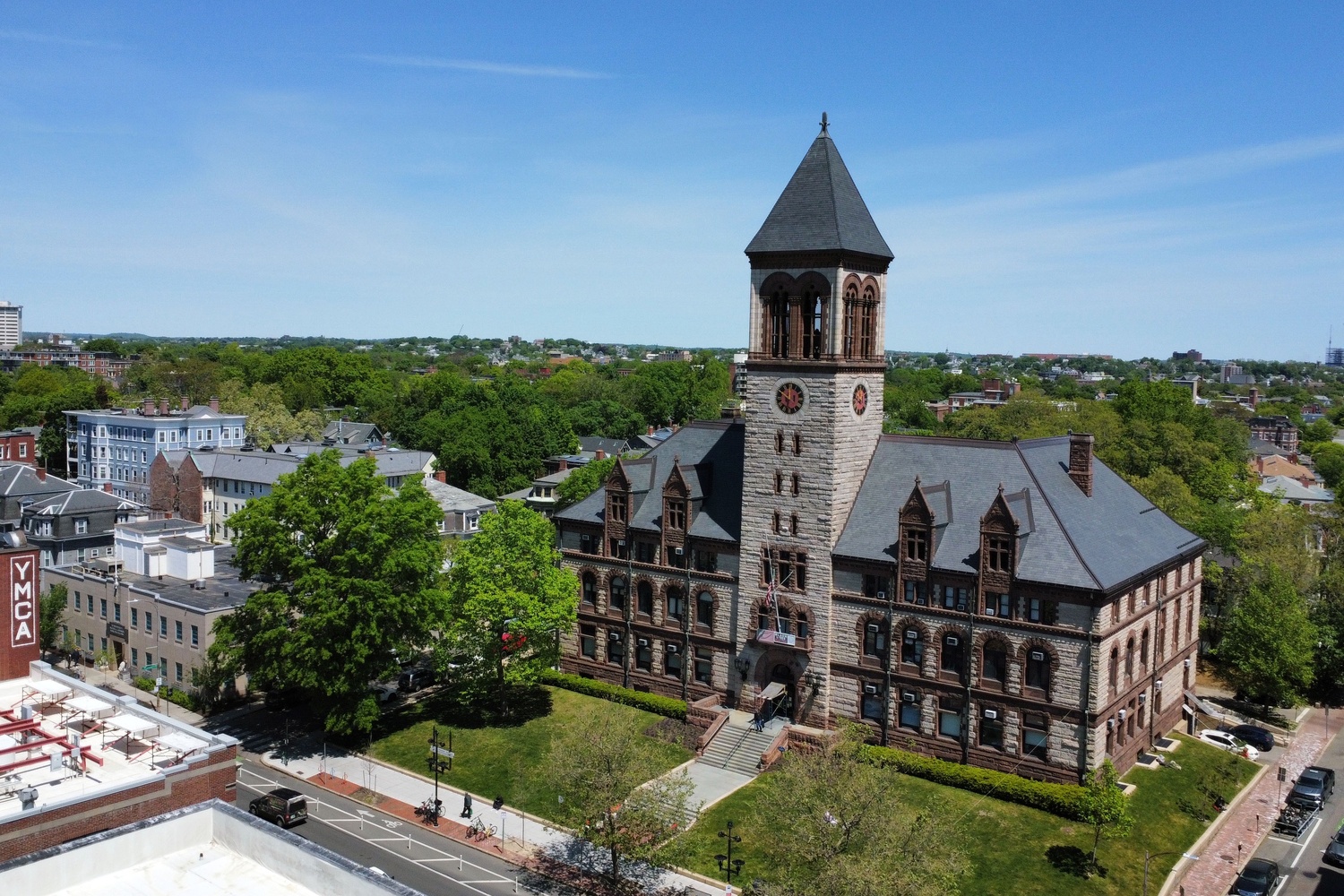
News
Summers Will Not Finish Semester of Teaching as Harvard Investigates Epstein Ties

News
Harvard College Students Report Favoring Divestment from Israel in HUA Survey

News
‘He Should Resign’: Harvard Undergrads Take Hard Line Against Summers Over Epstein Scandal

News
Harvard To Launch New Investigation Into Epstein’s Ties to Summers, Other University Affiliates

News
Harvard Students To Vote on Divestment From Israel in Inaugural HUA Election Survey
Committee Reduces Proposed Height Limit in Contentious Upzoning Proposal

Following months of contentious debate, the Cambridge City Council’s Ordinance Committee presented a set of amendments to the proposal to allow multifamily housing citywide — significantly reducing the proposed maximum height and density requirements.
The prior proposal would have allowed developments up to six stories or 75 feet in all residential neighborhoods. After hours of discussion, the Committee voted unanimously to lower the maximum height to four stories or roughly 45 feet.
The amendments come after some residents voiced fierce opposition to the proposed citywide six-story maximum, saying they worried large developments would be environmentally damaging and out of scale with surrounding neighborhoods.
“We’re taking into account some of the concerns that we heard from many people, but these are the big changes that we were willing to come together and discuss,” Councilor Sumbul Siddiqui said.
Under the revised proposal, developments with 100 percent affordable units that fall under the Affordable Housing Overlay would be able to build up to nine stories across the city, and up to 13 stories in the major corridors and squares.
The Committee also approved amendments that will allow developments with inclusionary units to build up to six stories, but only on lots larger than 5,000 square feet — which effectively means that five and six story developments will not be allowed on most residential lots.
“In 70 percent of residential neighborhoods you could not build a five or six story building, and that’s because of all the concerns we’ve heard about those higher buildings,” Councilor Burhan Azeem said.
Under the city’s inclusionary zoning, all developments with at least 1o units are required to set aside a fraction for income-restricted affordable housing.
The Committee also supported an amendment to add requirements for side and rear setbacks that the original proposal eliminated, requiring more space between adjacent buildings.
The Ordinance Committee’s amendments will be seen by the full City Council on Monday, where Councilors will then vote to direct the Community Development Department to draft amended zoning language.
A continuation of the Committee’s hearing is scheduled for Jan. 8, and will be entirely public comment.
“This is threading a very difficult needle,” Vice Mayor Marc C. McGovern said. “We’re trying to be responsive to a lot of people.”
The Council has until Feb. 17 to take a final vote on the zoning petitions.
—Staff writer Laurel M. Shugart can be reached at laurel.shugart@thecrimson.com. Follow them on X @laurelmshugart or on Threads @laurel.shugart.
Correction: December 20, 2024
A previous version of this article incorrectly referred to Marc C. McGovern as Cambridge's mayor. In fact, McGovern is Cambridge's vice mayor.
Want to keep up with breaking news? Subscribe to our email newsletter.
